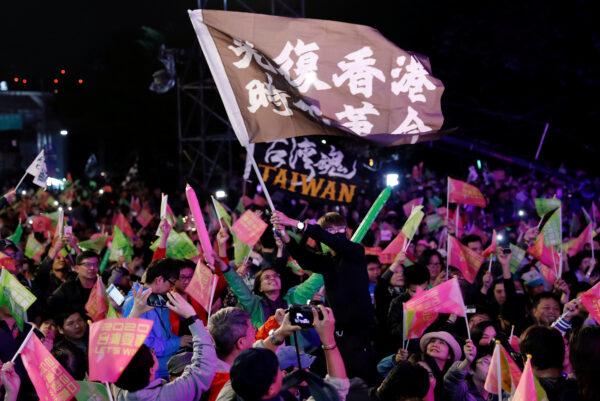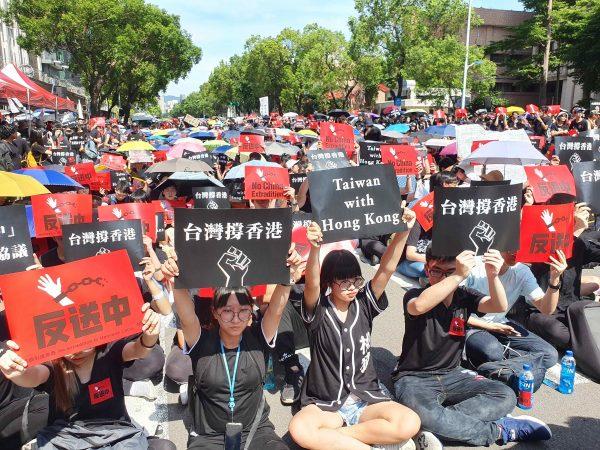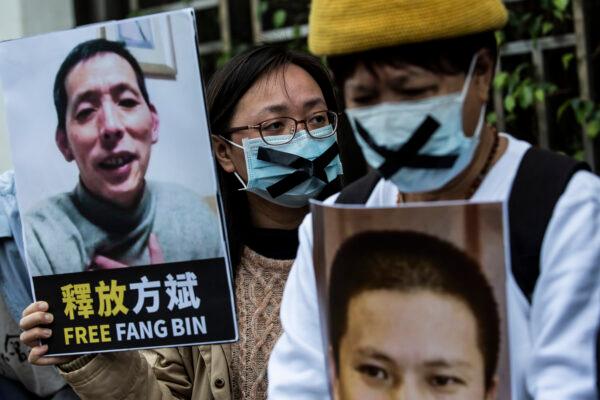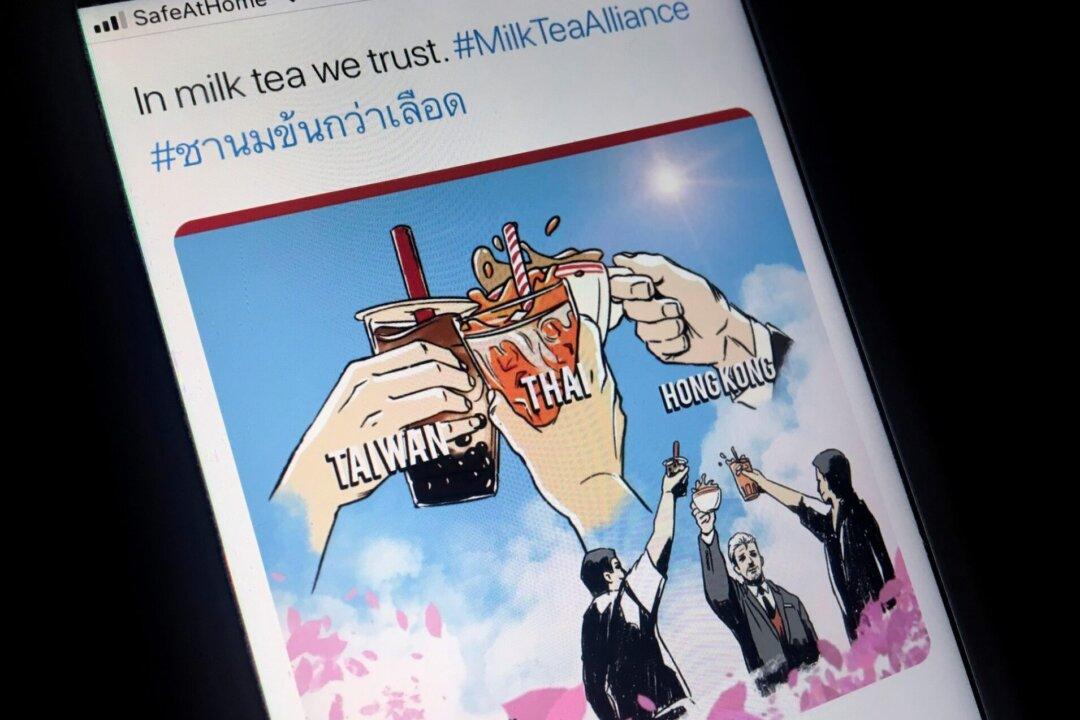BANGKOK—Young Thais have banded together to pillory the Chinese embassy in Bangkok over a feud with Thai celebrities, part of a growing online movement to show solidarity with Taiwan and Hong Kong that has annoyed Beijing.
The movement burst into the public eye in Thailand in recent days, after Chinese internet users launched a campaign against a young Thai actor whose TV drama has been popular in China, and his Thai model girlfriend. The two were both accused of having expressed support for Hong Kong and Taiwanese independence by sharing comments online.

In Thailand, support for Taiwan and Hong Kong have become rallying cries for Thais who consider their own government too authoritarian and too close to Beijing.
The hashtag #MilkTeaAlliance was among the top trending on Twitter in Thailand on April 15 along with one in Thai that translates as #MilkTeaIsThickerThanBlood—which had nearly one million tweets.
The Chinese embassy waded into the affair late on Tuesday with a Facebook post criticizing those who attacked China. Beijing’s “One China” principle towards Hong Kong and Taiwan was “irrefutable” and “the recent online noises only reflect bias and ignorance,” the embassy wrote.
That triggered 17,000 replies, mostly from angry Thais.

Don’t Force It
“One China Principle is only China’s. Don’t force it on others,” commented Facebook user Duangporn Sangchan.The embassy did not respond immediately to a request for comment on the response.
“The backlash shows that the official narrative repeated among governments, armies and elites isn’t widely accepted in Thai society,” said Wasana Wongsurawat, an expert on China at Bangkok’s Chulalongkorn University.
“Anti-Beijing sentiment has become a part of Thais’ fight against authoritarianism,” she told Reuters.

A Thai government spokeswoman told Reuters the government respected Thais’ freedom of expression and the issue did nothing to affect the nation’s ties with China.
Taiwan’s government and Hong Kong’s pro-democracy protesters appear glad to have found new allies in Thailand. Without referring directly to the row, Taiwan’s President Tsai Ing-wen late on Tuesday tweeted best wishes in Thai for the local new year, which began on Monday.
Hong Kong pro-democracy activist Joshua Wong posted a meme of three figures clinking glasses of milk tea and called for pan-Asian solidarity “to fend off all forms of authoritarianism from China.”
Wasana said Thailand’s younger generation were less likely than their parents to accept the arguments of authority.
“They are rather convinced by milk tea, which is their lifestyle,” she said.





